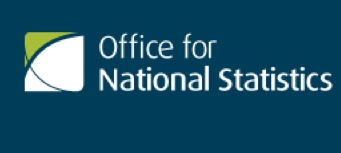Inflation rose by 0.3% in the year to February, meaning it was unchanged from January, the Office for National Statistics has reported this morning.
This was compared with a 0.2% rise in the year to December 2015, as measured by The Consumer Prices Index.
This maintains the position seen over the last few months of a rate which is a little above zero.
CPIH (not a National Statistic) grew by 0.6% in the year to February, unchanged from January.
Last month was the third consecutive month of small increases, with the rate in January 2016 being the same as it was in January 2015.
ONS statistician, Phil Gooding said: “CPI is unchanged and remains around historically low levels.
“Although most prices have remained stable, we have seen falling prices for second-hand cars and bicycles, offset by rising food prices.”
Ben Brettell, senior economist at Hargreaves Lansdown, said: "Some commentators had forecast a slight uptick to 0.4%. As has been the trend in recent months, transport costs were the biggest downward contributor to the headline rate.
"Today’s data release continues the trend of inflation being at or very close to zero, and confirms the complete absence of pressure on the Bank of England to lift interest rates.
"Policymakers will need to remain mindful of the risk that inflation overshoots the 2% target at some point down the line. However, the UK economy is battling a number of significant headwinds at present. Slowing global growth, the upcoming EU referendum, and deflation in the euro zone are creating considerable uncertainty, while wage growth appears much weaker than the peak we saw last summer.
"Core inflation, which strips out volatile components like food and energy, is a better measure of the underlying inflationary pressures in the economy. It also remained flat at 1.2% in February."
Mr Brettell added: "All in all, domestic inflationary pressures remain notable by their absence. Ian McCafferty, the most hawkish member of the MPC recently withdrew his vote for higher interest rates, leaving the rate-setting committee unanimous in leaving rates unchanged.
"All in all I can’t see any reason to suggest the era of ultra-low interest rates will come to an end any time soon. Rhetoric from the Bank of England still suggests the next move will be upwards, but I wouldn’t rule out the prospect of a rate cut, or further quantitative easing if the picture worsens.”

